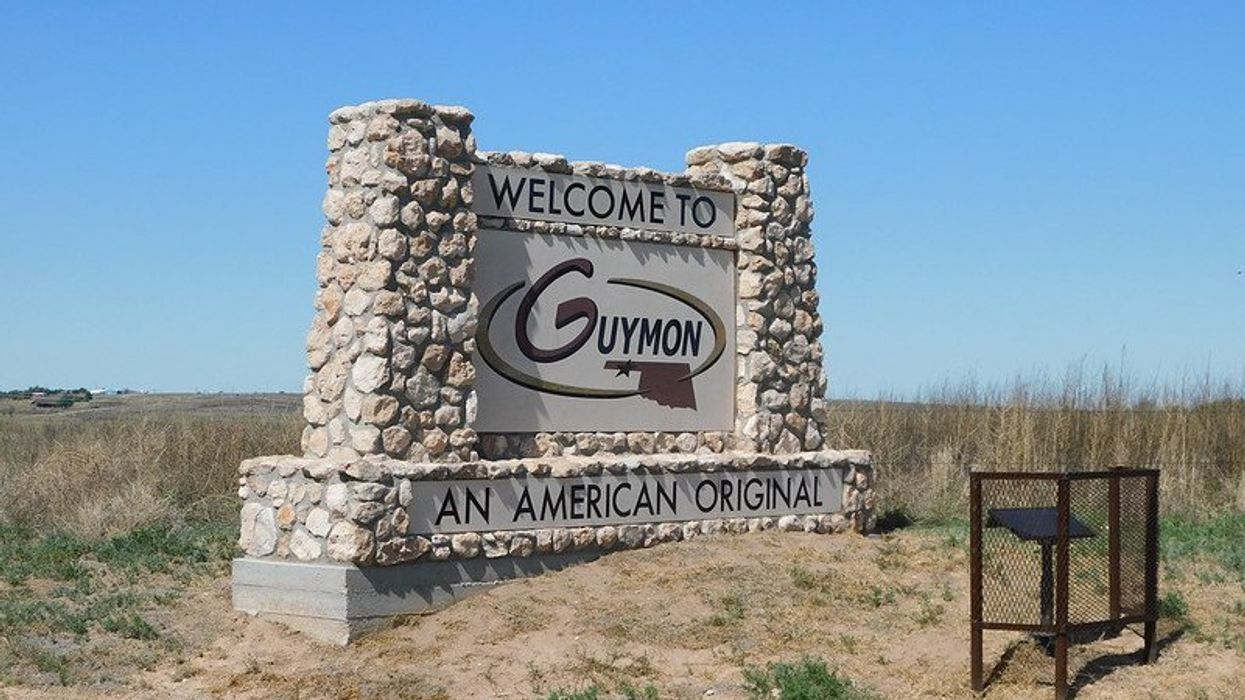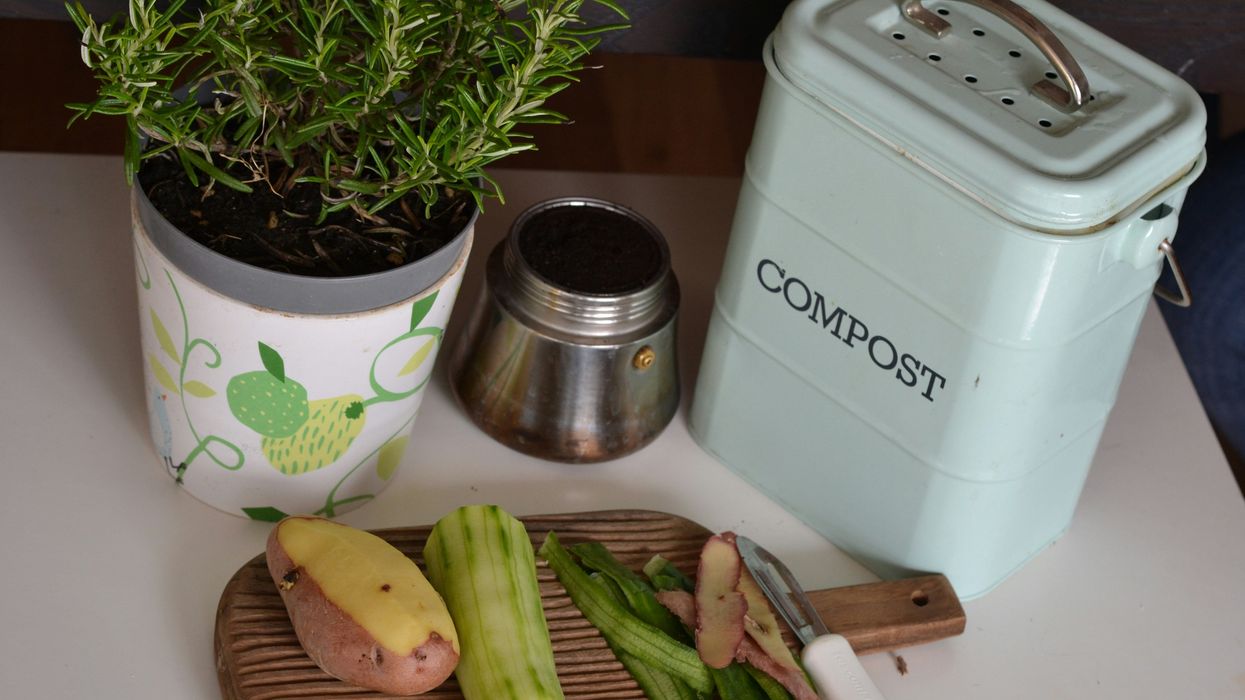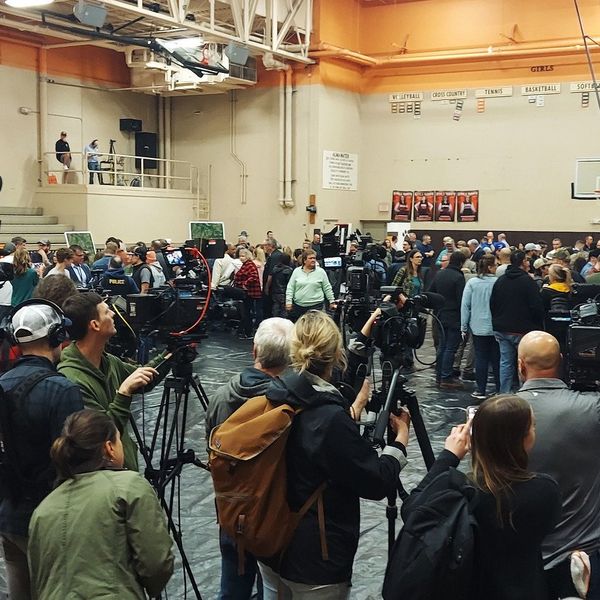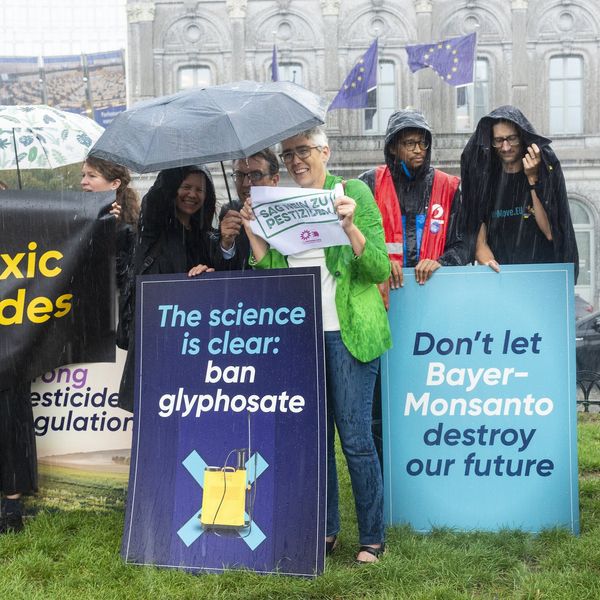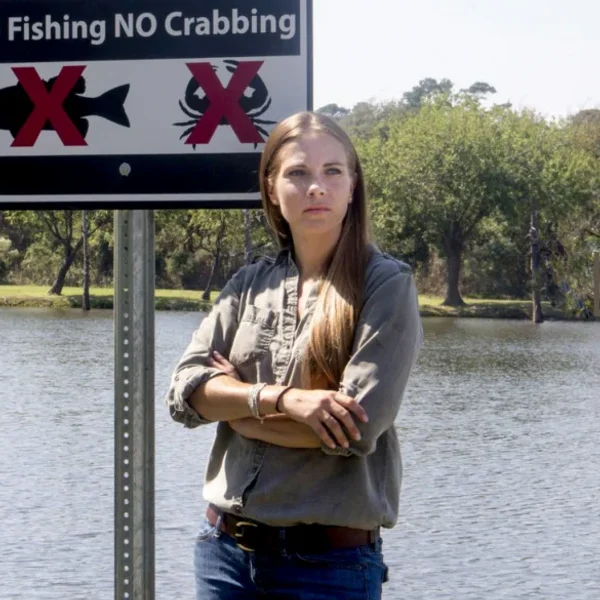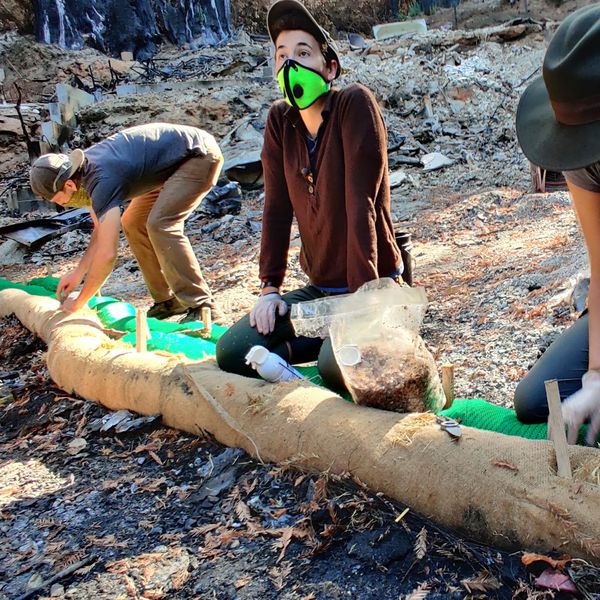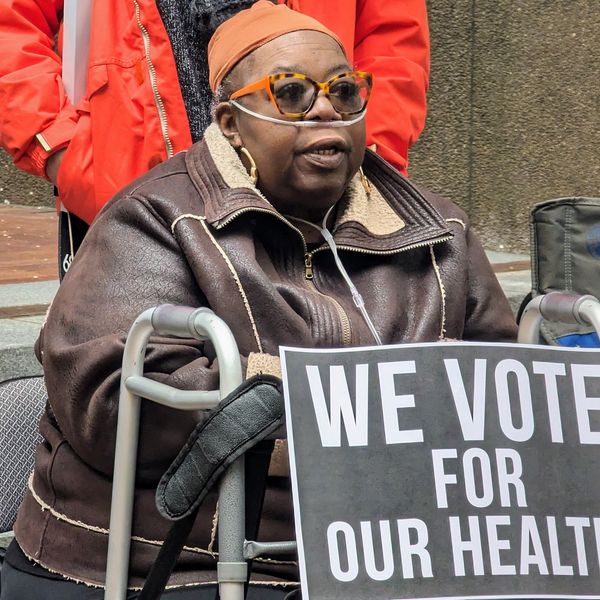Monsanto Company and its corporate parent Bayer are facing a federal lawsuit for civil rights violations after they allegedly excluded a farmworker from a Roundup cancer settlement because of her immigration status.
According to the lawsuit, which was filed in the U.S. District Court for the Western District of Virginia, plaintiff Elvira Reyes-Hernandez is a migrant farmworker who worked on Virginia tree farms between 2015 and 2018, during which she sprayed the herbicide Roundup regularly.
In 2015, the World Health Organization's International Agency for Research on Cancer (IARC) listed glyphosate, the active ingredient in Roundup, as "probably carcinogenic to humans." Over the years, a wide body of scientific evidence has also pointed to glyphosate exposure as causing an increased risk of Non-Hodgkin lymphoma.
Reyes-Hernandez was diagnosed with Non-Hodgkin lymphoma in 2019 and subsequently sued Monsanto, claiming that Roundup exposure had a role in causing her cancer.
“Monsanto is very likely making calculated risks based on the characteristics of the people who are using their products,” Katy Youker, an attorney for Lawyers’ Committee for Civil Rights Under Law and a co-counsel for the case, told EHN.
By excluding non-U.S. citizens from the settlement program, she said, Monsanto is effectively putting up a huge barrier for migrant farmworkers — most of whom do not have citizenship but are at the forefront of Roundup exposure — from seeking restitution.
This case, if sided by the court, could send an encouraging message to migrant and undocumented farmworkers who wish to bring legal action against the company. However, legal experts and farmworker advocates are still pessimistic about the prospect of them coming forward, especially when facing a myriad of hurdles and obstacles.
Reneged Monsanto settlement offer
In 2020, facing more than 100,000 similar Roundup cancer lawsuits nationwide, Monsanto’s parent company, Bayer, agreed to pay approximately $10 billion to put much of the litigation to rest.
As part of the settlement program, the complaint noted, Bayer allocated $412.8 million to the three law firms that were representing Reyes-Hernandez, which would be distributed the funds among their more than 3,000 claimants — or an average of $120,000 per plaintiff.
Reyes-Hernandez accepted the settlement offer in late 2020. Months later, however, Monsanto pulled out of the deal because she was not a U.S. citizen, the lawsuit alleged, and her lawyers “abruptly dropped” her as a client “without first asking her or obtaining her consent.”
The suit accuses Monsanto, Bayer, as well as Reyes-Hernandez’s former attorneys of violating Section 1981 of the U.S. Code Title 42, which was originally part of the Civil Rights Act of 1866. The statute establishes that all individuals in the United States should have equal access to sue and enforce contracts.
"Tip of the iceberg”
In addition to seeking monetary damages, Reyes-Hernandez’s current legal team, who said her case could be the "tip of the iceberg,” also requested the court to “order the defendants to identify all individuals who have been excluded from participating in the Roundup litigation or settling a claim relating to Roundup due to their citizenship status.”
Related: Communities on the front lines of pesticide exposure fight for change
“One of the concerns that we have is that the people who were exposed to the most of Roundup are not going to be United States citizens,” Shawn Collins, who is the co-counsel of this case, told EHN. “We're asking the judge to force Monsanto and these lawyers to turn over the documentation about how many other times this may have happened — in other words, are there more Elviras out there.”
Bayer, Monsanto, and the defendant law firms in the suit did not provide EHN with any comments on the case.
GED Lawyers LLP, one of the firms named as a defendant, filed a motion to dismiss the lawsuit, arguing, among other factors, that Reyes-Hernandez did not meet Monsanto’s qualifications for participation in the settlement, and that because she has obtained other counsel and filed a new lawsuit she has not suffered a “material adverse effect.”
“The Defendant firms did not withdraw from the representation of Plaintiff because she was not a U.S. Citizen, rather, they withdrew because Plaintiff could not recover from Defendant Monsanto’s settlement fund based on Monsanto’s imposed limitations on recovery,” the motion to dismiss states.
The judge in the case has yet to rule on that motion.
Bayer and the other law firms have until March 17 to file their responses.
Monsanto’s “calculated risks”
After Monsanto excluded Reyes-Hernandez from the settlement, she was able to find a new lawyer and last July refiled her case(which is currently pending) in St. Louis County, Missouri. However, without a settlement opportunity, Collins said Reyes-Hernandez will likely face a more taxing journey in receiving compensation. “If you don't settle a case, then the only way you can win it is to take it all the way to a jury trial, which is enormously expensive,” he said.
From a legal perspective, migrant farmworkers are “already on an extremely unlevel playing field”, Laurie Beyranevand, a law professor at Vermont Law School who is not involved in this case, told EHN in an email. “A case like this, if successful, would clearly establish the legal right for migrant and other undocumented workers to access the same legal remedies and enforce contract provisions in the same manner as U.S. citizens.”
Barriers for farmworkers to come forward
Even so, Beyranevand said migrant and undocumented workers are still unlikely to come forward in the legal system for fears of employer retaliation, deportation and the loss of employment, as EHN has previously reported. But for those that do, she said, “it’s important that the law protect them from being denied access to remedies on the basis of citizenship.”
Jeannie Economos, a health and safety coordinator for the Farmworker Association of Florida who is not involved in the case, also told EHN that the likelihood of migrant farmworkers taking a legal step against Monsanto remains slim.
“We can spend an hour or more with somebody documenting the conditions in the workplace, but then when we go to make a complaint — not even a lawsuit — they say, ‘No, I don't want to do that’,” she said. “They don't want to risk it.”
- As masses of plaintiffs pursue Roundup cancer compensation, migrant farmworkers are left out ›
- Carey Gillam and Nathan Donley: A story behind the Monsanto cancer trial — journal sits on retraction ›
- SUNY-Albany professor reinstated after Monsanto attempts to discredit his work ›












